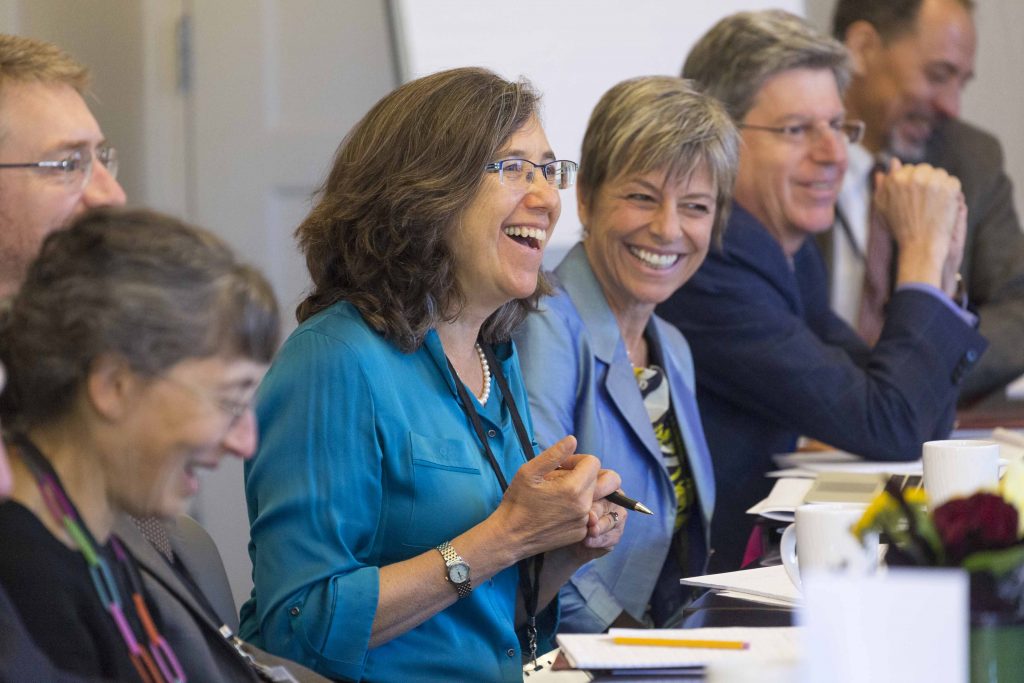From the op-ed pages of the New York Times to the halls of Congress, BC Law Professor Ray Madoff has become the canary in the donor-advised-fund coal mine, warning of what she considers to be a deeply flawed charitable investment mechanism.
The co-founder and director of the Boston College Law School Forum on Philanthropy and the Public Good, a non-partisan think tank that explores whether the rules governing the charitable sector best serve the public good, Madoff sees donor-advised funds as a social negative.
“Most troubling is that there is no evidence that the benefits from these funds are going to the public,” she warned in The Chronicle of Philanthropy.” Instead, most of the benefits appear to be going to America’s richest people, biggest financial houses, and a host of investment advisers across the country.”
Madoff’s areas of expertise include the rights of the dead (including the ability of the dead to control their bodies, reputation, and property), estate taxes, comparative inheritance law, and wealth inequality and taxes. She is the author of Immortality and the Law: The Rising Power of the American Dead (Yale), which looks at how American law treats the interests of the dead and what this tells us about our values for the living. The Financial Times called it “a sparkling polemic.” She is also the lead author on one of the top treatises on estate planning: Practical Guide to Estate Planning.
A regular commentator on a number of these topics, Madoff has appeared on dozens of national radio shows, including On Point, Talk of the Nation, All Things Considered, Here and Now, and Marketplace. In addition to being a frequent contributor to the opinion pages of the Times and Chronicle, and has published in theWashington Post, the LA Times, and the Boston Globe.
Read more about her in a recent profile in Boston College’s The Heights|Magazine, and about her thoughts on the impact of President Trump’s tax cuts on alumni giving in WGBH News.
Photograph: Madoff, third from left, at a conference of the Forum on Philanthropy and the Public Good


